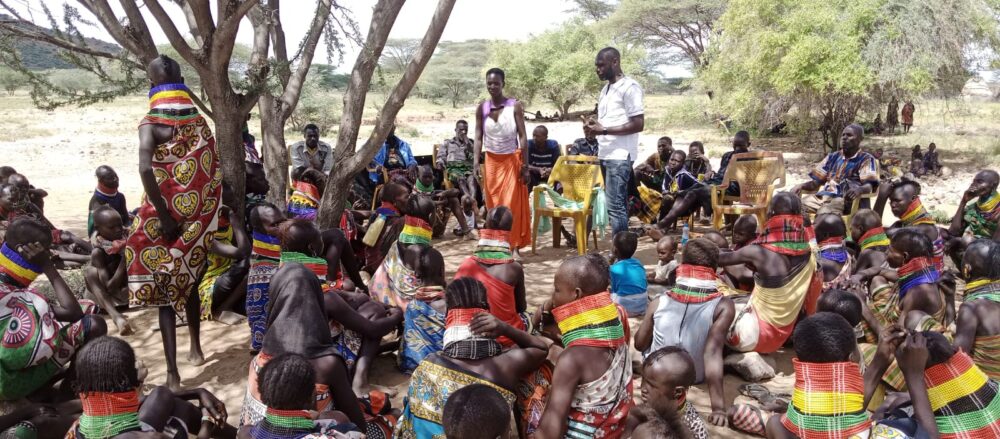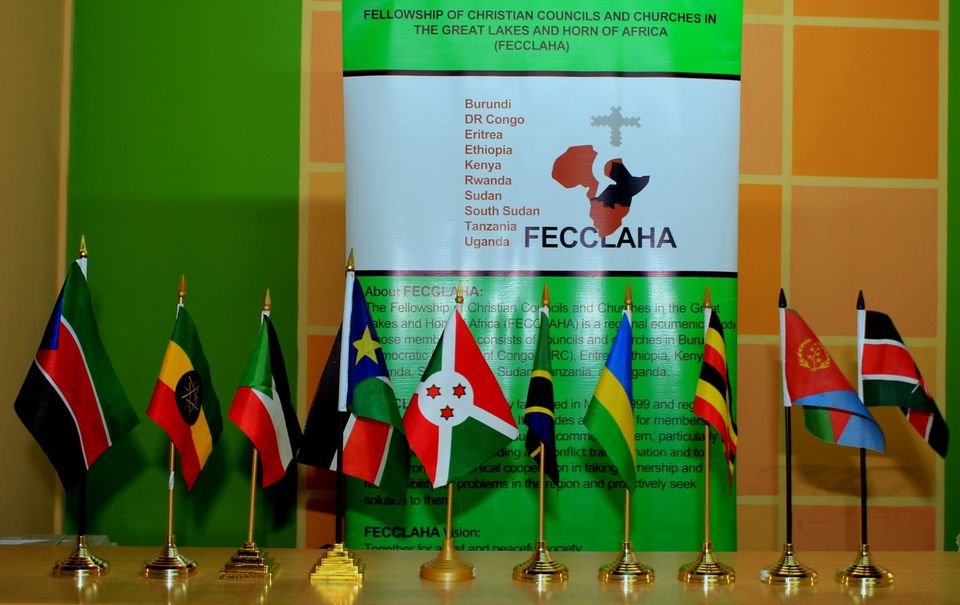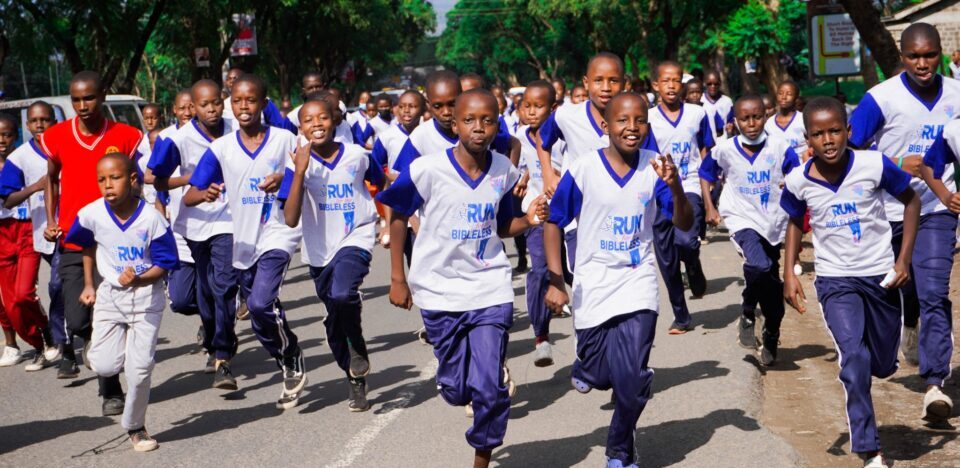As we enter the third year of the pandemic, over 180,000 health workers have died. These deaths are compounded by attrition from the workforce as health workers are exhausted, demoralized, and under-invested.
Annette Kennedy, President of the International Confederation of Nurses recently shared that almost half of the nursing workforce is expected to be lost in the next ten years and twenty percent in the next two, for example. These collective losses contribute to already significant global shortages, projected pre-pandemic to be 18 million by 2030, according to the World Health Organization.
The Covid-19 pandemic exposed the acute shortage of human resources for health in Africa. It underscored an unalienable truth: our world cannot survive without a well-trained, well-distributed, and well-resourced health workforce in adequate numbers globally.
Through out the pandemic, health workers of all cadres have served on the frontline of surveillance, diagnosis and care of Covid, as well as protecting essential services and vaccine delivery. However, in many places, the lack of health workers tested the resilience of fragile health systems under stress.







